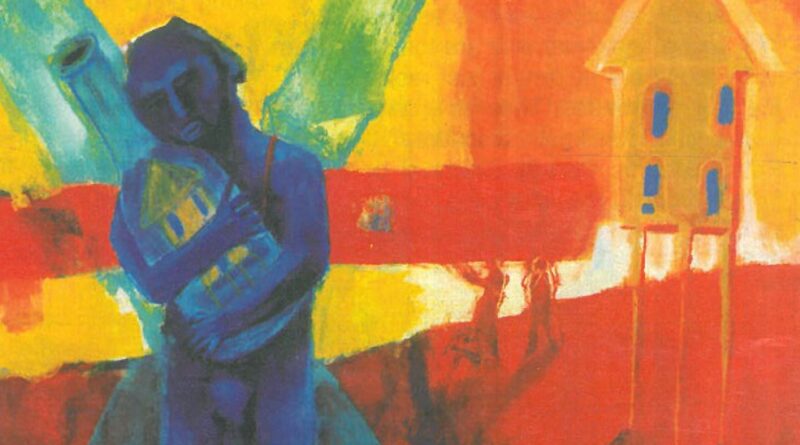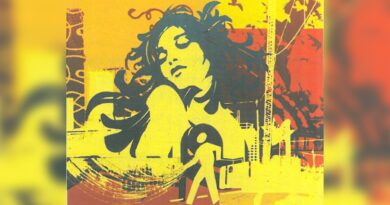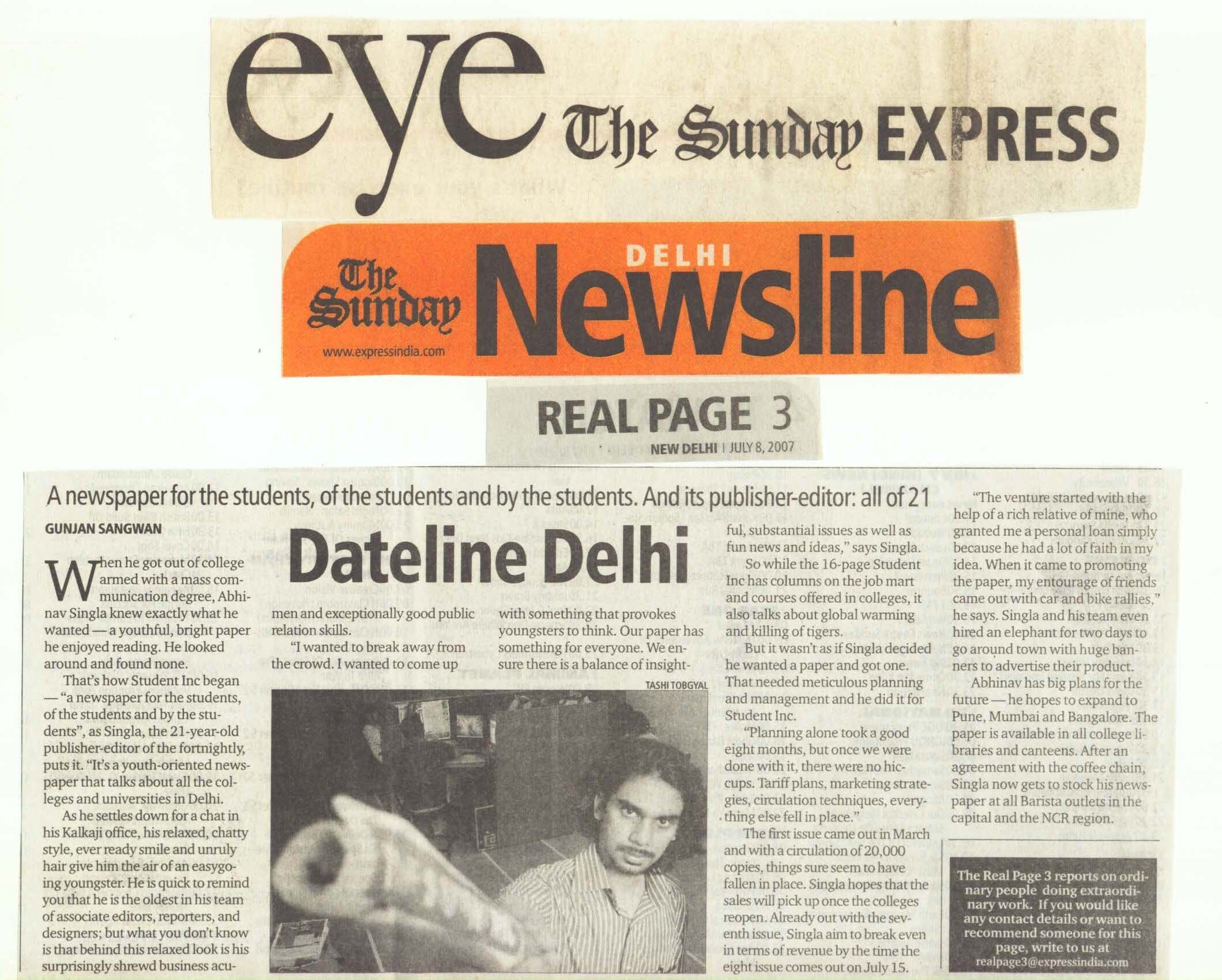Young n carefree?
In their quest for a fast, zippy life, the city youth often comprise a tragic picture of profound callousness and subconscious disdain towards life itself. And we ourselves are to blame, says Dr Nandita Chaudhry.
‘How many deaths will it take till he knows, that too many people have died? The answer my friend is blowin’ in the wind, the is blowin’ in the wind.’
Bob Dylan, 1962
It was the time of protests in the 1960s in the US when Bob Dylan released this song that was to become symbolic of protests for peace, freedom, compassion and much, much more. The lyrics are not constrained by references to any specific events, and have somehow found universal appeal in the call for humanism, raising several challenging questions for us to consider. These very words came to me on the morning of February 25, as I heard the news of the accident at India Gate. A weekend outing had ended in tragedy for three young men and their woman friend when their Skoda Laura car careened off the road, rammed into a free and turned over near India Gate in the early hours. Two of the occupants, including the woman, were killed on the spot.
What relation does this have to Dylan’s song, you might ask. Well, it is not war, or organised crime, or persecution that I am concerned with here. Rather, I am compelled to address the life-threatening mix of style, affluence and modernity that combine to create a lethal cocktail for our youth. A cocktail that is enticing and exciting enough to convince large numbers of our children to partake in the deadly game of speed and drink.
Yet another tragedy on the roads in the early hours of a Sunday morning! Some more young people dead, well before life had really begun for them. The young woman was around 20, the newspaper reported. I cannot help but think of the many hopes, fears, desires, ambitions, expectations, ongings, which must have died with her. Thrown out of a speeding car with her companion, she lay sprawled near India Gate in her final moments.
Perhaps these young people are individually accountable for each accident. There is no blue or yellow line bus driver involved here. It is just a bunch of young people in a powerful car, in the early hours of the morning, inebriated and exhausted, pushing the limits of life, racing against each other, but ultimately racing against their own mortality. My concern is larger. Is there some collective responsibility for this phenomenon?
Somewhere, are we as adults contributing to this trend?
As a social scientist, I feel compelled to Iook at the larger picture, beyond the losses of particular families.
What emerges is a tragic picture of profound callousness and subconscious towards life itself. It is time to wake up and smell the burning tyres! Individual families will be consoled by arguments of fate, and time and destiny. But I perceive a serious emptiness in these arguments. There have been just too many deaths for us to cower behind tradition to console ourselves and accept eventualities. I think such events should not be accepted.
Have we been unable to prepare our children for the challenges they face today? Have we failed to place enough trials before them that they feel an urge to defy themselves in the ways? Have we been ineffective in creating them an excitement about life itself that they should seek to confront death? Have we protected them so well from disease and disability that they have begun to feel invincible? Have we talked too much about life and its pleasures and not enough about dying? Have we always been by their side to say ‘I’ll be there for you’ even when they are wrong? Have we given them the freedom to do things that we did not prepare them for? These are all our children, from homes that are comfortable, of parents who are successful, with lives that are planned. In the short lives of each of these children, each discomfort must have been their parents’ nightmare, each dream their parents’ quest and each fear their family’s preoccupation. Why then do our children throw their lives away like this? Why cannot they appreciate the limits to safety and survival? Why are they unable to estimate the potential outcome of their choices? Why are so many young people heading straight to their deaths from a recklessness that their parents may have never dreamed of?
Personal and social responsibility is not something that develops overnight. Perhaps the time to start is when the child takes her first step, utters the first word. Perhaps in our conduct, we communicate a lack of respect for the law, offer our children the fruits of our earnings and assume that this is enough to keep them safe and well. Maybe we subtly communicate to them that they do not have to worry about a livelihood; that youth is meant to be enjoyed in ways that the parents were unable to. I cannot help noting that this is happening in a society where people, especially children, are still dying from hunger and disease. Perhaps contemporary Indian society is not prepared for its own affluence.
We have given them the cars, but not had the time to teach responsible driving. We have been anxious about their health, but we have not talked enough about the safety. We secure our own wealth, but we do not discuss about protecting public property. We have facilitated the purchase of a driving license, but we did not ensure that the child passes the test. We have given the child freedom, but we have not had enough discussions about safe options for expressing that freedom. We speak repeatedly about the callousness of politicians, but we fail to mark irresponsibility in our own homes. We have facilitated the child’s education, but not emphasised on social responsibility. We have given much by way of individual facilities, but not demanded accountability. We have given them wealth, but not talked enough about limits to their spending. Perhaps somewhere, we have failed our youth, our society and ourselves. We have failed to engage with them in responsible ways. We have failed to create in them an enthusiasm for life. We have failed to bring to their lives, an excitement about simply being human.
It is therefore, not just the roads, the cars, the alcohol, the partying, the lack of emergency services, the poor lighting, the safety rules, or their implementation. At the end of the day it is us who have actively contributed to these accidents. These are accidents waiting to happen!
Dr Nandita Chaudhry is one of the leading child psychologists of Delhi and Professor at Lady Invin Conge.





